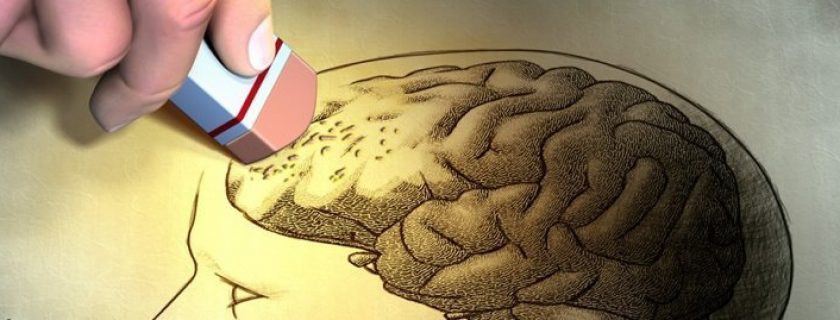Link between vitamin D deficiency and Alzheimer’s disease

Beyond the classical roles of vitamin D in Calcium Homeostasis and regulation of Musculoskeletal Health (maintain normal blood levels of calcium and phosphorus), there is emerging facts that shows a range of effects of vitamin D in the central nervous system. There are cross sectional studies which serve as the evidence for considering vitamin D as a ‘neurosteroid hormone’ and as a potential biomarker of Alzheimer’s disease (AD) (1, 4). Experimental and pre-clinical data suggest a link between vitamin D status and cognitive function.
Vitamin D receptors have been found in several types of human brain cells; where they receive chemical signals. There are only fewer vitamin D receptors in the hippocampus (involved in forming memori...

